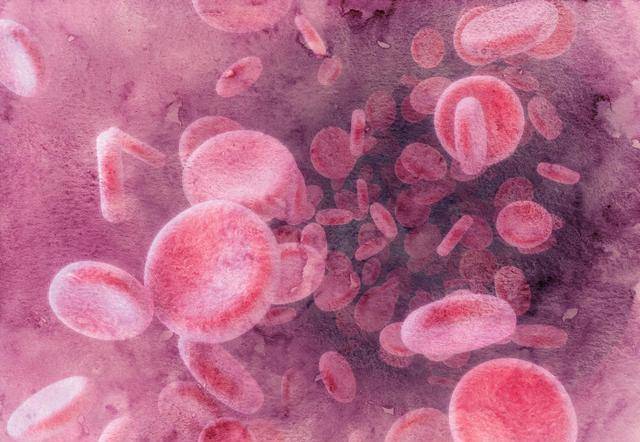Elevated blood lipid levels can make the blood viscous, resulting in slow flow and the inability to timely transport nutrients to the necessary parts of the body, thereby impacting health.
Therefore, understanding how high blood lipids form and stabilizing the body’s various indicators correctly is crucial to maintaining normal blood lipid levels and a good circulatory system. Only then can the blood promptly supply the necessary parts of the body to maintain health. Many people believe that excessive consumption of fatty foods leads to elevated blood lipids. Is this statement true?
Consuming fatty foods for an extended period does affect health. Excessive consumption of fatty foods leads to excessive energy intake, increasing the risk of obesity. Excess fat accumulation in the body due to obesity further raises serum cholesterol and triglyceride levels, resulting in hyperlipidemia.
Moreover, consuming fatty foods places stress on digestion, which hinders gastrointestinal function improvement. It is essential to avoid incorrect dietary habits to stabilize various body indicators. Additionally, various other types of foods can also elevate blood lipid levels, which need to be avoided for body maintenance.
Which foods can cause this situation?
1. Fried Foods
Many individuals’ elevated blood lipid levels are related to the excessive consumption of fried foods. The nutritional value of food decreases after frying, and harmful substances for human health are easily produced at high frying temperatures. Furthermore, post-frying foods have high oil content, which, when consumed, further increases blood viscosity due to fatty acid intake.
To maintain healthy blood vessels and stabilize various indicators, it is crucial to select appropriate foods during meals to provide nutrients. Food should be cooked using reasonable methods, avoiding high-temperature frying.
2. High-Sugar Foods
To maintain a healthy body and normal blood lipid levels, one should not consume excessive amounts of high-sugar foods during meals. Many people have an incorrect dietary pattern, consuming high amounts of sugary foods without realizing that excessive sugar intake not only raises blood sugar levels but also leads to obesity.
When excess energy intake is not promptly expended, it transforms into fat accumulation, affecting other indicators and possibly causing fluctuations in blood lipids and blood pressure. Improving hyperlipidemia requires attention to a proper diet, avoiding excessive intake of foods with high sugar content during meals.
To maintain normal blood lipid levels, adopting good lifestyle habits and choosing appropriate foods for nutrition during meals are imperative. Many individuals often consume food incorrectly, excessively obtaining certain types of food, leading to elevated blood lipids. Prolonged high blood lipid levels make blood vessels more prone to disease.


